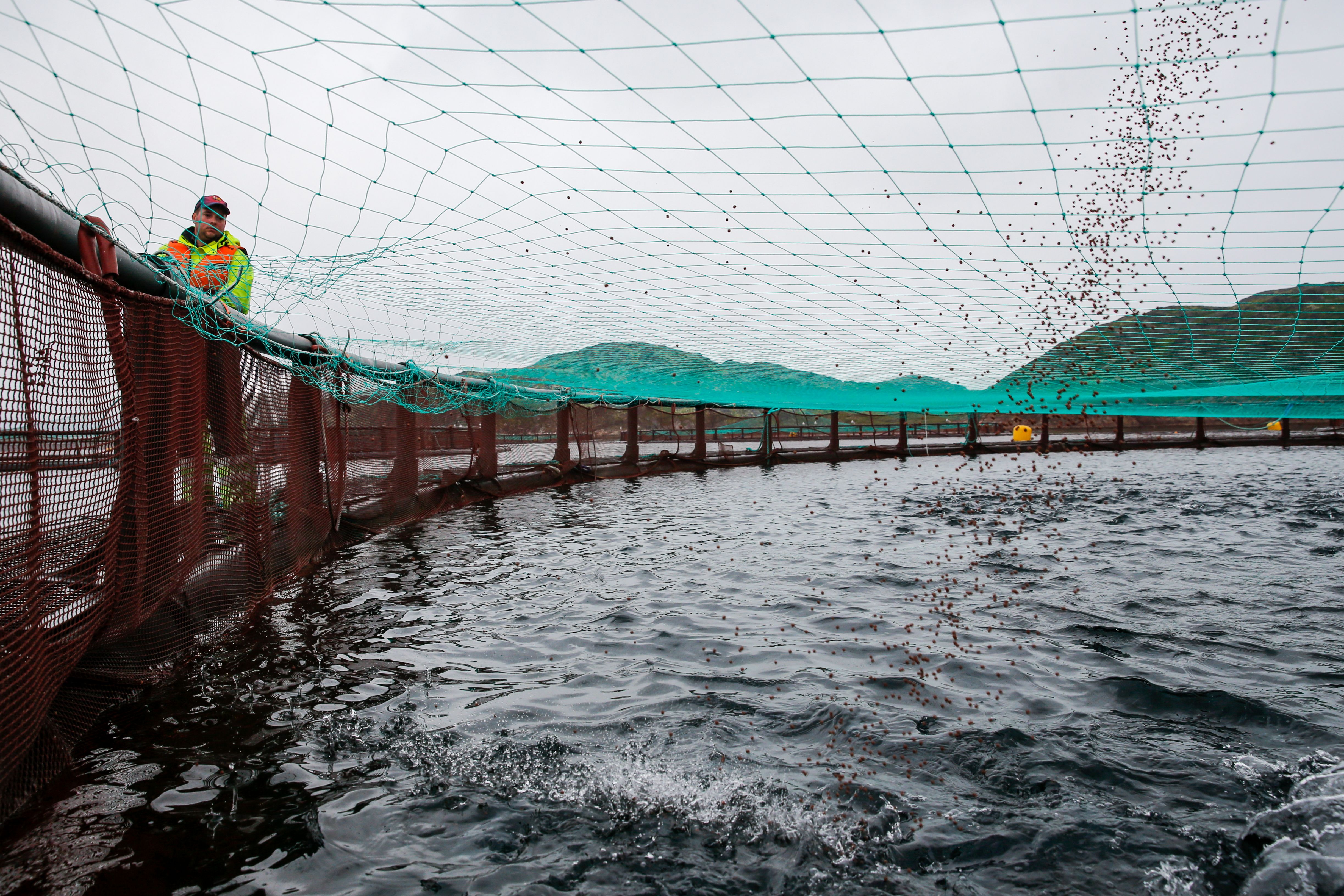Russia preparing to ban Britain from fishing for cod and haddock in Barents Sea
Vladimir Putin’s government is preparing to denounce Soviet-era fishing agreement with UK
Your support helps us to tell the story
From reproductive rights to climate change to Big Tech, The Independent is on the ground when the story is developing. Whether it's investigating the financials of Elon Musk's pro-Trump PAC or producing our latest documentary, 'The A Word', which shines a light on the American women fighting for reproductive rights, we know how important it is to parse out the facts from the messaging.
At such a critical moment in US history, we need reporters on the ground. Your donation allows us to keep sending journalists to speak to both sides of the story.
The Independent is trusted by Americans across the entire political spectrum. And unlike many other quality news outlets, we choose not to lock Americans out of our reporting and analysis with paywalls. We believe quality journalism should be available to everyone, paid for by those who can afford it.
Your support makes all the difference.Russia is preparing legislation to ban British fishermen from the Barents Sea, one of the biggest fisheries for cod and haddock in the world, according to a major Russian newspaper.
Vladimir Putin’s government is in favour of draft legislation submitted by the agriculture ministry that would see Russia pulling out of a Soviet-era fishing agreement that allowed British vessels to operate in the sea, according to Izvestiya.
The 1956 fisheries agreement came as part of concerted diplomatic efforts to ease post-war tensions with the West, and allowed British vessels to fish for seafood along the coast of the Russian Kola Peninsula, east of Cape Kanin Nos, off Kolguev Island and the small islands in the Barents Sea.
The sea is along the northern coasts of Norway and Russia.
Already fraught relations between the UK and Russia crashed in February 2022 when Putin ordered the invasion of European neighbour Ukraine, beginning a war that will reach the two-year mark late next month.
Britain has been one of Ukraine’s most important international allies ever since, providing an estimated £12bn in direct support as well as imposing a string of sanctions on Russian entities and businesses.
The bill denouncing the Barents Sea fishing agreement has already been approved by Russia’s cabinet after it was submitted by the agriculture and foreign ministries, according to Izvestiya, and is now with the Kremlin.
The legislation would also need to be approved by Russia’s rubber-stamp parliament before becoming law.

The Russia-Ukraine war shows no signs of abating. Short on cash and defence supplies, Ukraine is currently defending its lines against a fresh Russian assault after its own counteroffensive over the summer and autumn failed to yield significant gains.
Moscow has also resumed a campaign of mass air strikes on population centres far beyond the frontline.
At the World Economic Forum meetings in Davos, Switzerland, Ukrainian president Volodymyr Zelensky addressed the gathering and called for a “strong” decision this year on what to do with frozen Russian assets held in Western banks.
He made no direct appeals for the supply of weapons for new offensives on the battlefield but called for help to build and reconstruct war-battered Ukraine.
He called for the frozen funds – roughly $300bn in Russian Central Bank money – to “be directed towards defence against the Russian war and for reconstruction” of Ukraine.
“Putin loves money above all,” he said. “The more billions he and his oligarchs, friends and accomplices lose, the more likely he will regret starting this war.”

Join our commenting forum
Join thought-provoking conversations, follow other Independent readers and see their replies
Comments